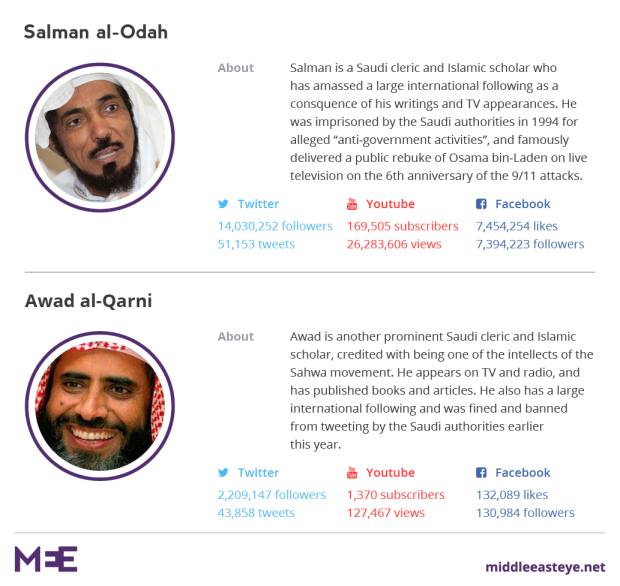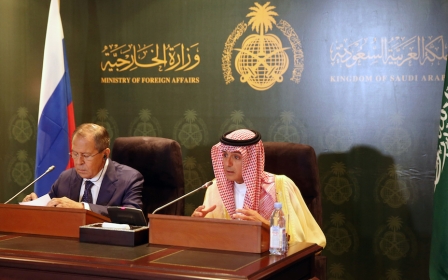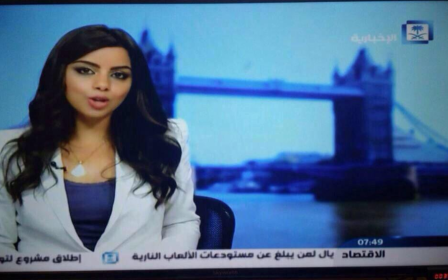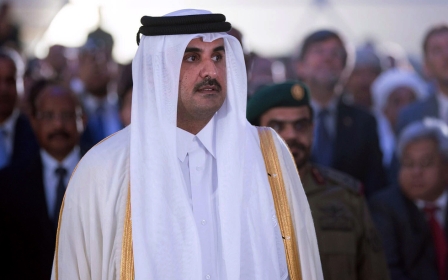Two leading Saudi dissident clerics among 20 arrested: Reports
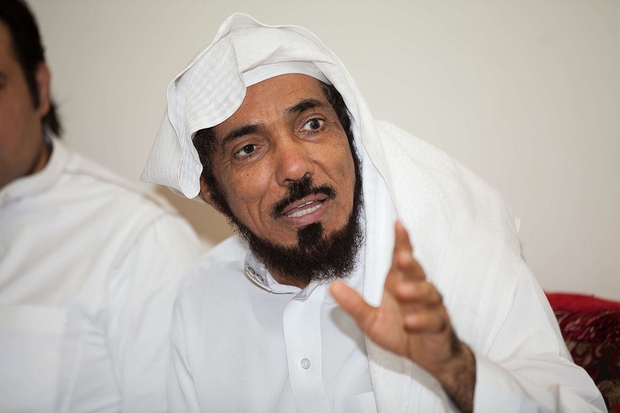
Two prominent Saudi Islamic scholars, Salman al-Odah and Awad al-Qarni, have been arrested, according to multiple unidentified sources and tweets by rights organisations, journalists and others, in what appears to be a crackdown on Islamists seen as critics of the kingdom's absolute rulers.
Prince Abdul Aziz Bin Fahd al-Saud, a son of former King Fahd, was also detained, according to some of the sources.
In all, about 20 people have been arrested in the past 24 hours, according to the sources.
Odah, an influential cleric who was imprisoned from 1994-99 for agitating for political change and who has 14 million followers on Twitter, was allegedly detained because of a tweet he sent supporting mediation to settle a bitter diplomatic row that began in June between Saudi Arabia and Qatar, according to Saudi human rights group AlQST.
Saudi Arabia, along with the United Arab Emirates, Bahrain and Egypt accuse Qatar of supporting Islamist militants, a charge Doha denies.
Odah was arrested on Saturday night at his home by three members of the security apparatus following his tweet praying for Saudi and Qatar to make amends for the sake of their nations.
The tweet was sent in reference to a phone call made between the Qatari emir and the Saudi crown prince, which ended up sparking yet another row and led to Saudi suspending all talks. "May God harmonise between their hearts for the good of their people," Odah had written on Twitter.
HuffPost Arabic and Reuters also reported that al-Qarni, another prominent cleric with 2.2 million Twitter followers, had been detained.The ruling al-Saud family has always regarded Islamist groups as the biggest internal threat to its rule over a country where appeals to religious sentiment can never be lightly dismissed and where Islamist militants have previously targeted the state.
A decade ago, it fought off an al-Qaeda campaign of attacks targeting officials and foreigners that killed hundreds. In the 1990s, the Sahwa (Awakening) movement inspired by the Muslim Brotherhood demanded political reforms that would have weakened the ruling family.
Reports of the arrests coincided with widespread speculation, dismissed by officials, that King Salman intends to abdicate in favour of Crown Prince Mohammed.
Asked about the reasons for the arrests, a Saudi analyst speculated: "[To] crush the Muslim Brotherhood or scare others if their plan is for him [Crown Prince Mohammed] to be king."
Exiled Saudi opposition activists have called for protests on 15 September intended to galvanise opposition to the royal family.
Odah has also attracted government attention by publicly stating that homosexuality should not be criminally punished.
Homosexuality has long been a controversial topic in much of the Muslim world, and LGBT people still face the death penalty in Saudi Arabia.
During a visit to Sweden to visit Syrian refugees, he said: “Even though homosexuality is considered a sin in all the Semitic holy books, it does not require any punishment in this world."
In a 2016 interview with the Swedish Sydsvenskan newspaper, he added: "One of the fundamentals of Islam is man's freedom to act as he wants.
"By condemning homosexuals to death they are committing a graver sin than homosexuality itself,” Odah said.
Odah was previously viewed as a conservative and was even cited by Osama bin Laden as an authority in the early 1990s, though Odah later publicly rebuked him for his violent activities.
The BBC has described Odah as a former religious extremist and current Saudi “social media star,” noting he wrote on Snapchat that men should settle for marrying only one woman, an unpopular opinion in a country where polygamy is widely practised.
It is not just his views on women that have undergone dramatic transformation.
Odah has also distanced himself from violence and extremism. In his tweets and videos, he talks about "love" and "mercy," as opposed to violence, the BBC said.
On the sixth anniversary of 11 September 2001 attacks on the US, he delivered a speech in which he asked the late al-Qaeda leader Bin Laden: "Will you be happy to meet God almighty carrying the burden of these hundreds of thousands or millions of victims on your back?"
This article is available in French on Middle East Eye French edition.
Middle East Eye propose une couverture et une analyse indépendantes et incomparables du Moyen-Orient, de l’Afrique du Nord et d’autres régions du monde. Pour en savoir plus sur la reprise de ce contenu et les frais qui s’appliquent, veuillez remplir ce formulaire [en anglais]. Pour en savoir plus sur MEE, cliquez ici [en anglais].


